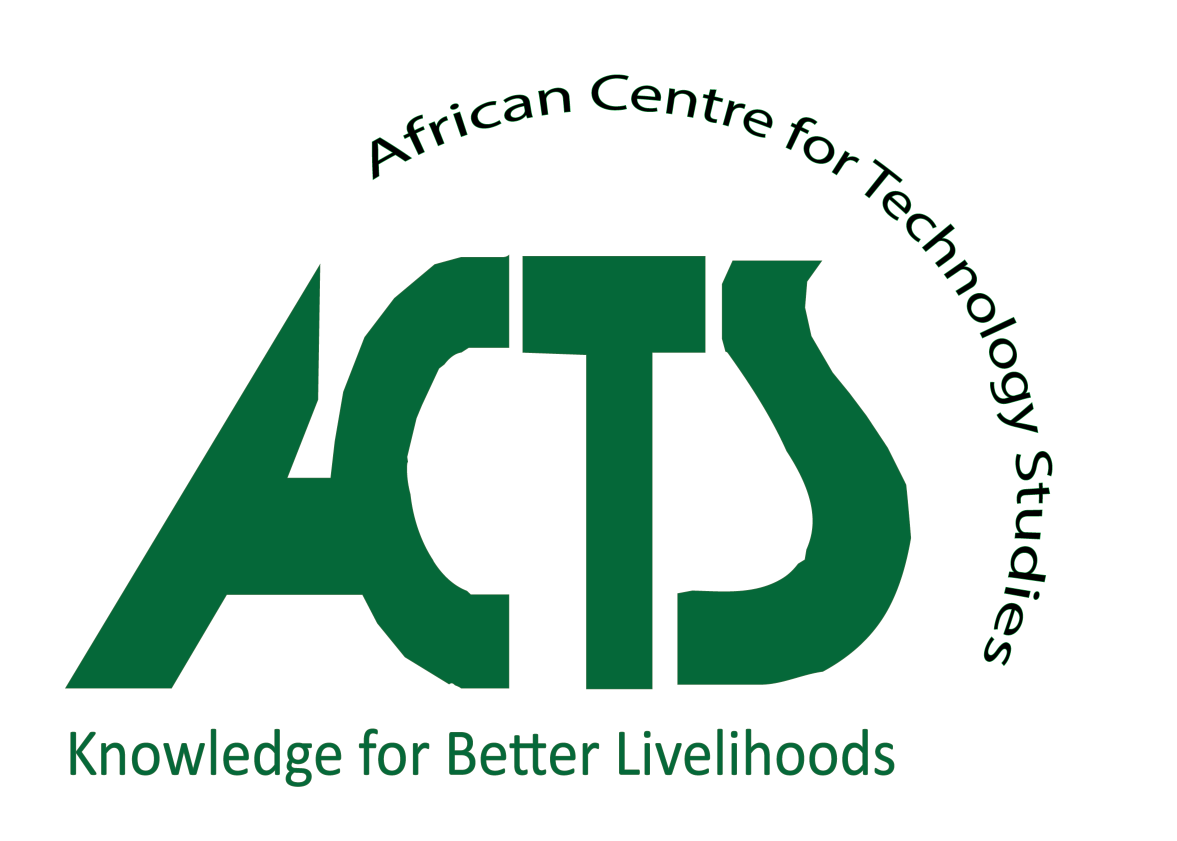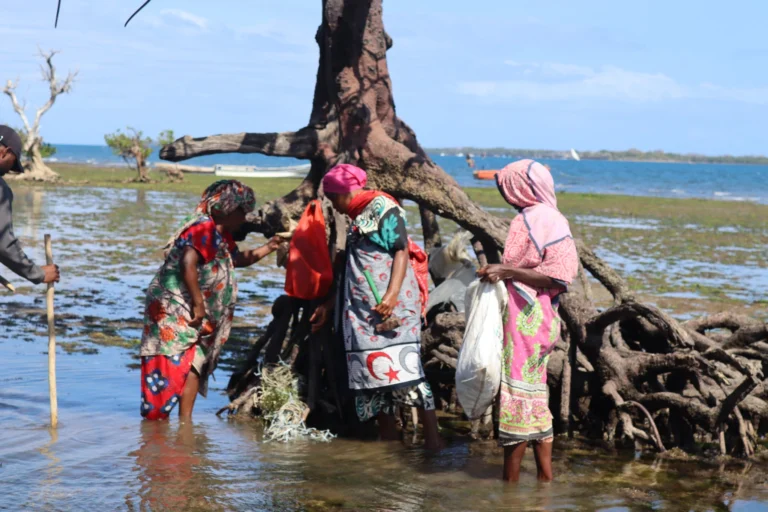Gillian Faith Achieng, Joel Onyago, Salome Okoth, Erica Atieno
The concept of Just Energy Transition (JET) is becoming increasingly important worldwide as countries work towards transitioning from traditional, carbon-intensive energy sources to cleaner and more sustainable alternatives. Kenya’s commitment to a Just Energy Transition is a commendable effort to tackle the pressing issues of climate change and energy access. This transition is driven by a strong dedication to not only adopting cleaner energy sources but also to guaranteeing that the advantages are fairly shared among all members of society. This comprehensive approach takes into account factors such as localization, creating fair employment opportunities, and empowering small and medium enterprises (SMMEs). Recently, stakeholders converged in Nairobi for a workshop aimed at charting a path forward in this transition journey.
The stakeholder engagement workshop provided a valuable opportunity to delve into the multifaceted aspects of Just Energy Transition (JET) within the context of Kenya’s policy landscape. Although Kenya has made impressive strides in promoting renewable energy projects, gaps in awareness and implementation have been found, which highlights the need to close the gap between the policy objectives and implementation. These gaps emphasise the need for targeted efforts to ensure that policy frameworks result in tangible outcomes in practical situations. This highlights the critical importance of well-functioning governance structures and mechanisms for engaging stakeholders (Bäckstrand & Lövbrand, 2006). In addition, the workshop highlighted the importance of community engagement in the transition process, aligning with previous research that emphasizes the use of participatory approaches in sustainable development initiatives (Sovacool & Dworkin, 2015). Increasing awareness among local populations about existing policies emerged as a crucial strategy for gaining support and promoting ownership of the transition agenda, which is in line with principles of inclusive governance and grassroots empowerment (Bäckstrand & Lövbrand, 2006). Thus, to achieve the objectives of JET in Kenya, policymakers, stakeholders, and local communities must work together to close gaps in policy implementation and awareness.
The concept of decent work, as defined by the ILO and incorporated into Kenya’s Just Energy Transition (JET) narrative, is a fundamental aspect of the country’s commitment to sustainable development (ILO, 2024). The ILO (2024) highlights the importance of decent work, which includes fair wages, safe working conditions, and professional development. It is crucial to ensure that the shift towards cleaner energy sources in Kenya creates ample and meaningful employment opportunities. This means protecting workers’ rights and making sure they take an active role in the transition process. The stakeholders involved in the JET discourse emphasized the significance of skill development, social protection measures, and the adoption of fair labor practices as crucial components for achieving a successful transition (IDRC, 2024). This emphasis is in line with the conclusions of previous studies conducted by the ILO, which highlight the crucial importance of decent work in promoting sustainable development and inclusive economic growth (ILO, 2024).
The workshop offered a unique perspective on Kenya’s energy transition, allowing participants to envision the future across three distinct timeframes using the three Horizons Framework. This effective planning tool not only helped stakeholders visualize the transition process but also enabled them to outline the important steps needed to navigate each stage successfully. articipants emphasized key actions to initiate, stop, and maintain, with a particular focus on areas such as job opportunities in the green industry, digitalization of energy, bioenergy, and youth engagement. These observations highlight the significance of innovation, collaboration, and policy coherence in promoting sustainable energy transitions, which aligns with the conclusions of other researchers. Research conducted by Bäckstrand and Lövbrand (2006) highlights the importance of collaborative governance mechanisms in tackling complex environmental issues. Similarly, Sovacool and Dworkin (2015) suggest that innovative policy approaches can be effective in encouraging the adoption of renewable energy. This framework offered a well-structured approach to envisioning Kenya’s energy transition.
In conclusion, Kenya’s commitment to sustainability and inclusivity is evident in its pursuit of a Just Energy Transition. The stakeholder engagement inception workshop served as an important forum for in-depth discussions and sharing of knowledge regarding Kenya’s progress towards a fair energy transition. The workshop’s insights will shape future project activities, guiding policy interventions and promoting collaboration among stakeholders. Kenya’s energy transition requires the collaboration of all stakeholders to achieve a fair, inclusive, and sustainable future. Although there has been considerable progress, there are still challenges that need to be addressed. These challenges include a lack of awareness, reliance on imports, and the difficulty of finding a balance between local needs and global impacts. To tackle these challenges effectively, participants highlighted the importance of involving stakeholders, improving skills and knowledge, and ensuring consistent policies. In addition, it was suggested that connections be established with organizations like the Consumer Federation of Kenya and the Federation of Kenyan Employers to enhance the effectiveness of JET initiatives and encourage greater collaboration.
References
Bäckstrand, K., & Lövbrand, E. (2006). Planting trees to mitigate climate change: Contested discourses of ecological modernization, green governmentality and civic environmentalism. Global Environmental Politics, 6(1), 50-75. http://www.mitpressjournals.org/doi/pdfplus/10.1162/glep.2006.6.1.50
Decent work and the 2030 Agenda for sustainable development | International Labour Organization. (2024, January 28). Www.ilo.org. https://www.ilo.org/topics/decent-work-and-2030-agenda-sustainable-development.
Sovacool, B. K., & Dworkin, M. H. (2015). Energy justice: Conceptual insights and practical applications. Applied Energy, 142, 435-444. https://efl-stichting.nl/app/uploads/2022/08/Sovacool_Dworkin-AE-Justice20190902-14416-15urgi3-with-cover-page-v2-1.pdf




